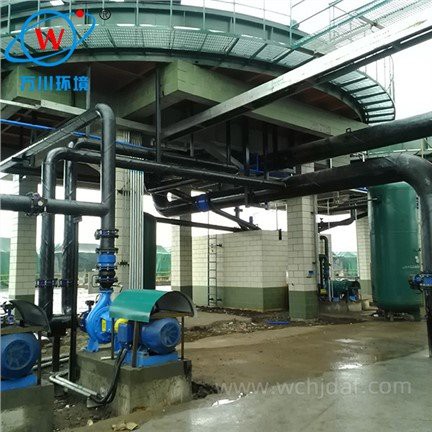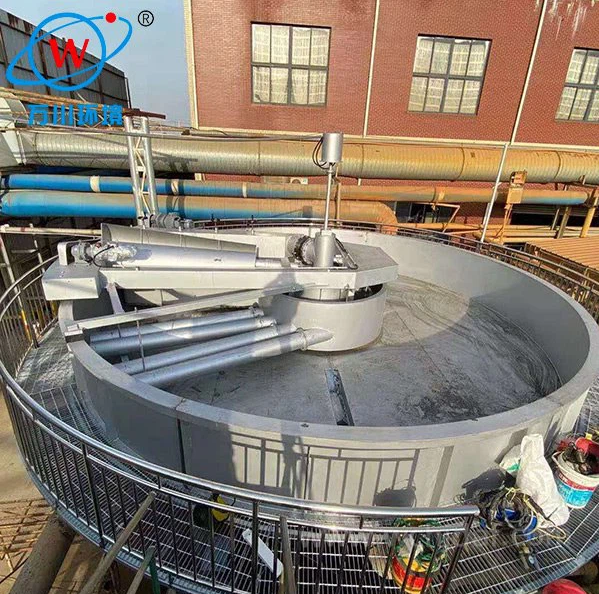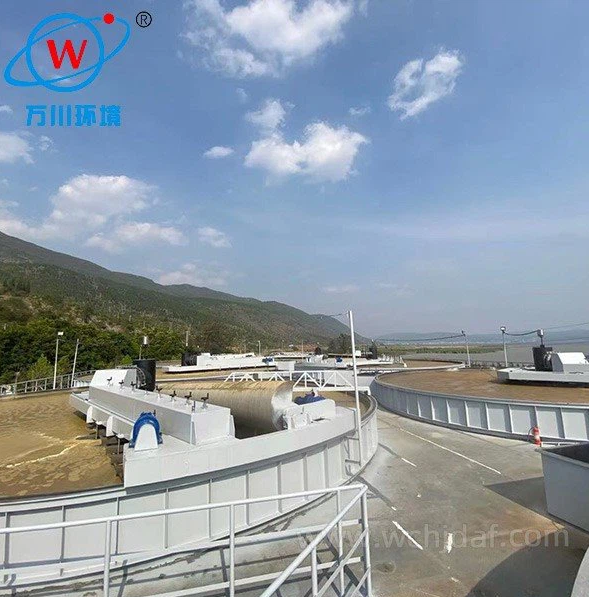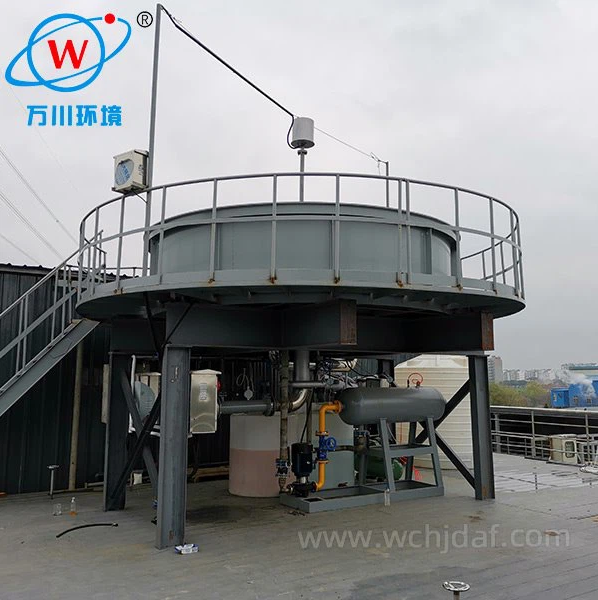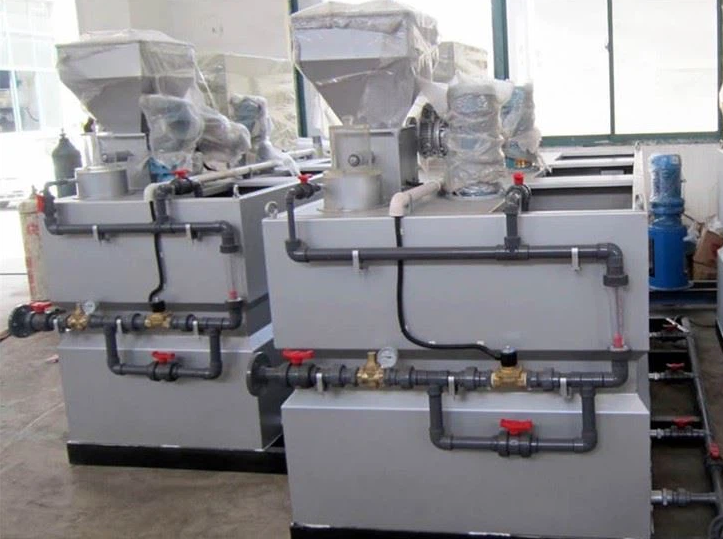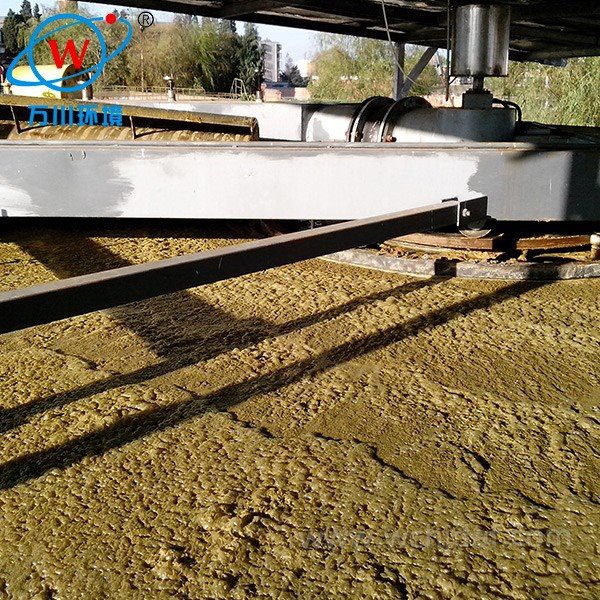Air Flotation System Commissioning Protocol
Pre-Startup Inspection
Verify all mechanical components including pumps, compressors, and skimmers are properly installed
Check electrical connections and safety systems
Ensure the tank is clean and free of construction debris
Water Testing
Fill the system with clean water to test for leaks
Verify proper operation of level controls and overflow mechanisms
Confirm all valves and piping function correctly under hydraulic pressure
Air System Calibration
Adjust the air compressor and saturation system to achieve optimal pressure
Target Pressure Range: 4-6 bar
Test dissolved air release valves for proper microbubble generation
Bubble Size Target: 30-100 μm
Chemical Feed Setup
Calibrate chemical dosing pumps for coagulants/flocculants
Typical Feed Rates: 10-50 ppm
Verify proper mixing in reaction chambers
Flow Rate Adjustment
Gradually introduce wastewater at 25%, 50%, then 100% of design capacity
Monitor hydraulic loading rates
Typical Loading Rate: 2-5 gpm/ft²
Process Optimization
Adjust recycle flow rates to optimize bubble density
Normal Recycle Rate: 20-40% of influent flow
Fine-tune skimmer speed and submergence depth for optimal sludge removal
Performance Verification
Conduct 72-hour continuous operation test
Bubble Blanket Depth: 6-12 inches (ideal)
Sludge Consistency: 2-4% solids (typical)
Effluent Clarity: NTU <10
Automation Testing
Validate PLC/sensor functionality including:
Level controls
Pressure monitoring
Chemical feed automation
Emergency shutdown systems
Operator Training
Conduct hands-on training covering:
Normal operations
Troubleshooting procedures
Maintenance schedules
Safety protocols
Documentation Review
Finalize system manuals, P&IDs, and O&M documentation
Record all baseline settings for future reference
Note: Each commissioning step should be documented with date, personnel, and verification signatures for quality assurance purposes.

